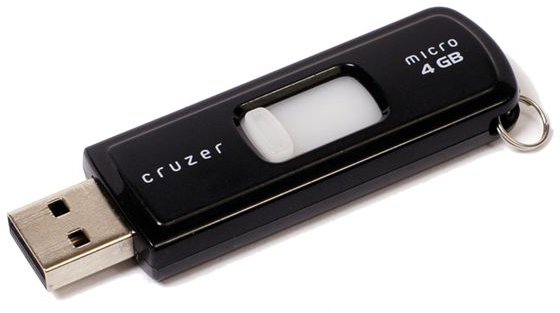Computer Security Procedures for the Home and Office
Protect Your Work PC
Many of us depend on computers for work. Whether it’s an important email that needs to be sent or some numbers that need to be crunched, we’re often unable to get anything done without a computer. For this reason, it’s devastating when something knocks your PC out of commission, such as a virus or hardware failure. In this article, we’ll discuss some basic computer security procedures to help protect your work and home computers from each other, plus stress the importance of designating the difference.
Use Current Security Software
This should be a no-brainer, but it is incredibly important to keep updated security software on your home and work computers. This means making sure that virus and malware definitions are regularly updated and that you have the most current version for your system. In other words, don’t try using some kind of 2009 model antivirus package designed for Windows Vista on your Windows 7 machine. Unless you are using one of the many free antirivus programs on the market, then you will have to pay to keep your yearly update subscription active on the premium internet security suites.
The main reason to keep your security software updated is to protect your PC from others. Since you may have to pass data between machines, this opens your computer up to a wide variety of threats. Even simple Word and Excel documents can be embedded with malicious code. While you may trust the sender, you can’t always trust their computer or the user’s knowledge of proper security, so you need to have protective measures in place.
Limit Outside Use
I have worked in IT for more than a decade and one sure recipe for disaster is to give someone a laptop with admin privileges. What often happens is that person takes the PC home and it becomes their new personal/family computer. It’s even worse if they their kids use it. I’ve seen keyboards smeared with peanut butter, multiple virus and malware infections with pop-ups, and a variety of ailments all caused by not restricting the user from installing new software. One time, a lady yelled at me because I wouldn’t help reconfigure her personal email account after deleting the settings because they had overridden her work email.
If you have a computer that is a work computer, then designate it as such. Lock it down with passwords and don’t let just anyone use it. The last thing you want to deal with is a malware infection or some other problem caused by doing personal business on a work machine. It’s worse when you have to get outside help to fix the problem you caused just so you can get back to work.
Where Has That Flash Drive Been?

One of the easiest ways to get a virus or malware on your computer is to stick your USB flash drive into any old computer and move data around. There are many viruses tailored specifically for flash drives where they infect the drive, then infect the next computer that drive is inserted into, then infect every other flash drive used on the infected machine. I’ve personally witnessed it on three separate occasions at my work and it’s a royal pain to remove the virus because you have to not only clean the PC but disinfect every infected flash drive.
The reason why flash drives present a hazard is because Windows will typically try to automatically open the drive when it is inserted. Viruses exploit this by putting scripts into the autorun.ini file that will install unwanted software as soon as Windows opens it. This means you could infect your computer simply by plugging the flash drive into a USB port. You could always disable autorun in Windows, but you still might install the virus when you open up the drive to view the contents. This is another good reason for keeping active security software installed.
Maintain Your Computer
If you were to drive your car around every day without ever changing the oil or doing any kind of maintenance, that car wouldn’t last very long. The same goes for computers in a roundabout way. Even if you don’t seem to be having any kind of problems, regular maintenance will help keep your PC running more smoothly as well as uncover many problems before they arise. In addition to keeping good security software in place, it doesn’t hurt to run regular scans of the entire system. Furthermore, Windows includes some great built-in utilities like the hard drive defragmenter that should also be run about once a month. Taking a little time for upkeep can save you a lot more time down the road.
References
- Author’s personal experience.
- Image credits: Wikimedia Commons (Microsoft Security Essentials logo and USB Flash Drive)
